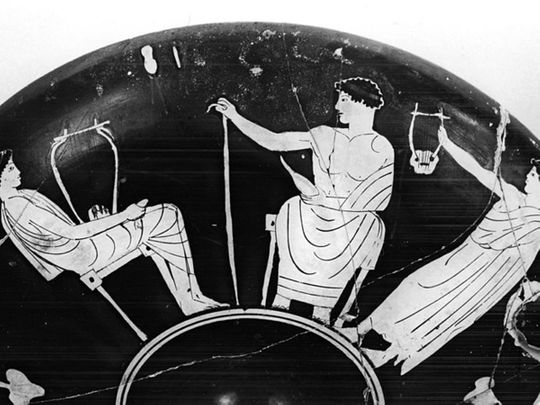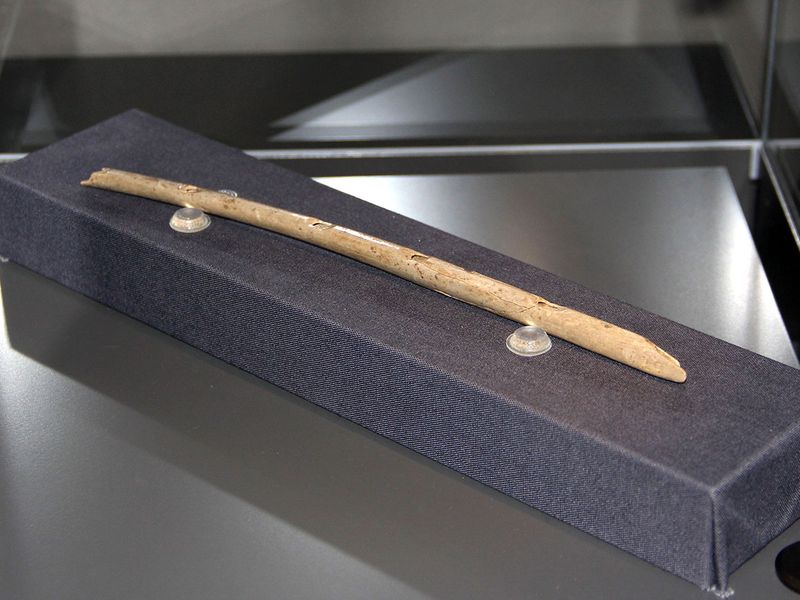
According to English naturalist Charles Darwin, before humans invented languages and talked to each other, we most likely sang.
Click start to play our classical music-themed Word Search.
According to the science news website Science Focus, the study of fossils has shown that early humans had a horseshoe-shaped hyoid bone in the throat in a similar position to modern humans, so they would have had the physical ability to sing, just as we can. Those fossils date back to 530,000 years ago.
From singing came an ear for rhythm. A 2017 article published in the Switzerland-based journal Frontiers in Sociology hypothesises that early humans created rhythmic music by clapping their hands. From there, they picked up stones or sticks and smacked them together, realising that it didn’t hurt their hands and was pleasant to the ear.

Because our history is so intrinsically tied with melody, music appeals to us. The oldest discovered musical instruments in the world are flutes made of vulture and swan bones, and mammoth ivory, found in a Stone Age cave in southern Germany. They are estimated to be 40,000 years old. Other ancient instruments were things people found in their natural environment. For instance, there is evidence that people struck stalactites, using them like rock gongs, in caves dating from 12,000 years ago. People had discovered that the caves themselves acted as resonators for the sound.
Since then, humans have just improved on the different ways of making melodious sounds, and for good reason. Music works on our brain in enormously positive ways. According to a March 2015 study published by the University of Helsinki, in Finland, classical music, especially, enhances the activity of genes responsible for dopamine secretion, while improving learning, memory and synaptic transmissions in our brain. It also down-regulates the genes that are involved in neurodegeneration.
What kind of music do you prefer the most? Play today’s Word Search and let us know at games@gulfnews.com.






